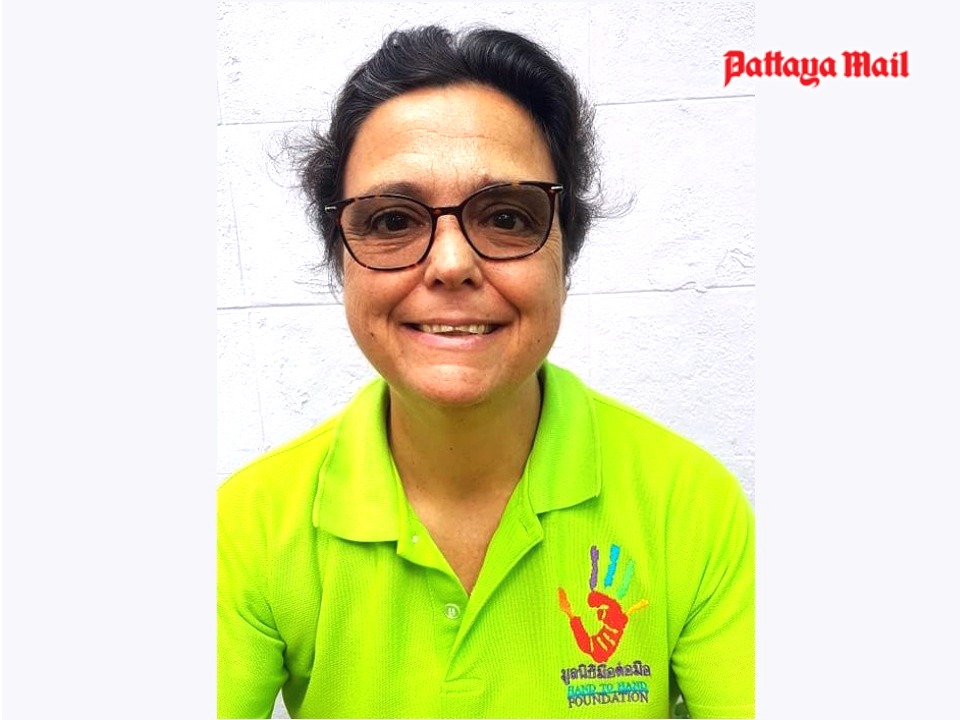
A common opinion about Pattaya is that the city is reviving, businesses are reopening and the cash tills are ringing merrily once again. The long queues of hungry people lining up for packaged meals during the Covid emergency have disappeared. Five star hotels, luxury condominiums and posh restaurants are fast taking over the city’s skyline. Meanwhile, the Eastern Economic Corridor is building new motorways and ports to create a high-tech import and export hub at the heart of the nine ASEAN partners.
But there’s another Pattaya created out of abject poverty: mothers who abandon babies because they cannot offer them a decent home, families which cannot afford to send their youngsters to school, illiterate adults who have no hope of finding legitimate work and umpteen other similar categories. “The cycle of poverty is vicious and can only be broken by education and skills training within a family setting wherever possible,” says Australian Margie Grainger who gave up her teaching job in a Pattaya international school to found the registered foundation Hand to Hand in 2009.
The non-profit charity’s work evolves from several ministries and programs including hospitals, prisons, slums, scholarships, pre-school, kids’ club, community visiting and a unique housing project in Nong Palai district. “Our activities are comprehensive but are always designed to protect those who are marginalized regardless of race, age or religion,” explains Margie. “It’s all about care, food, shelter, learning skills and dealing with uncertainty.” Margie says that she and her team of volunteers have dealt with many thousands of individuals over the years and that demand is increasing.
“Today’s world is increasingly technological, but people without education and even basic literacy cannot possibly compete. They are consigned to a world of unemployment or of crime.” Not only Thais. Margie comments that there are hundreds of illegal manual workers in Pattaya, mostly from Cambodia and Myanmar, who are paid a pittance and often deported back to their own country. “Although there are memoranda of understanding between the governments about registration and welfare, many of the poorest slip through the net as they can’t afford the registration fee or even lack birth certificates and identity cards.”
Hand to Hand does not see itself in competition with other faith-based charitable organizations in Pattaya. “Each organization has its own unique strengths and programs. For example, Mercy and the Father Ray Foundation are complementary to the contribution we make,” says Margie. What makes Hand to Hand stand out in the city is the sheer breadth of its activities and its concentration on the centrality of the family unit wherever that is possible. Hand to Hand is always in need of volunteers, funds or gifts of food, clothing, toys and a hundred other essentials. Check out Hand to Hand Foundation on Google or Facebook.





